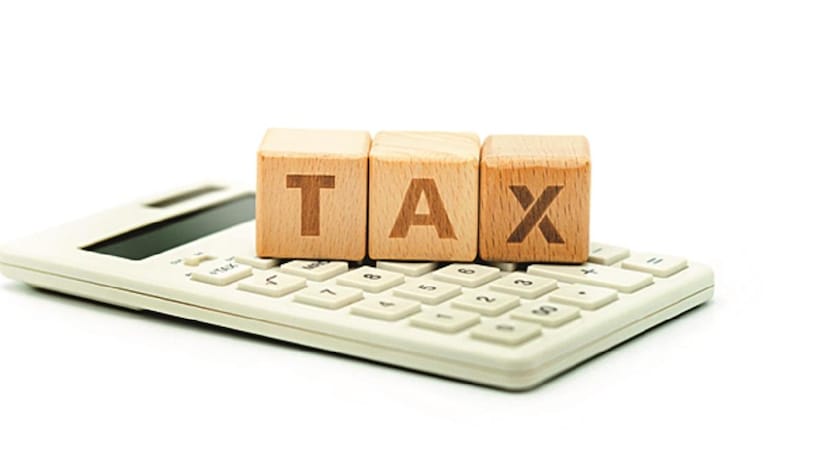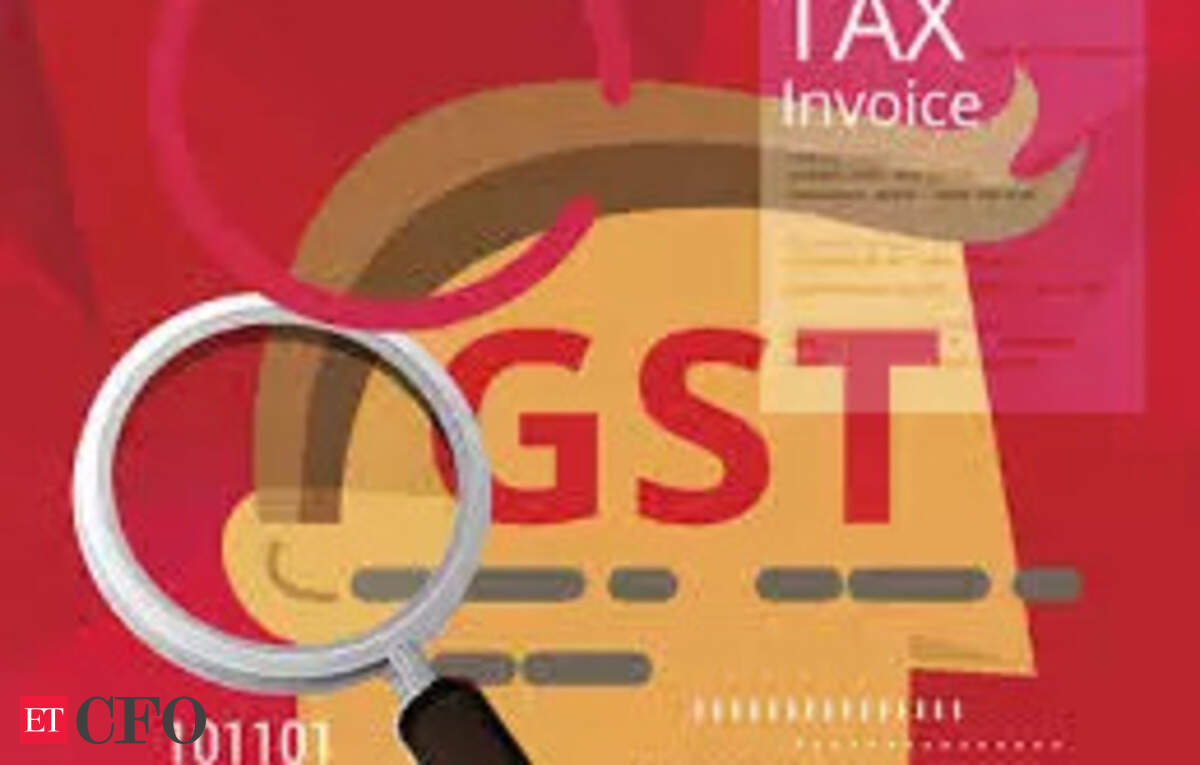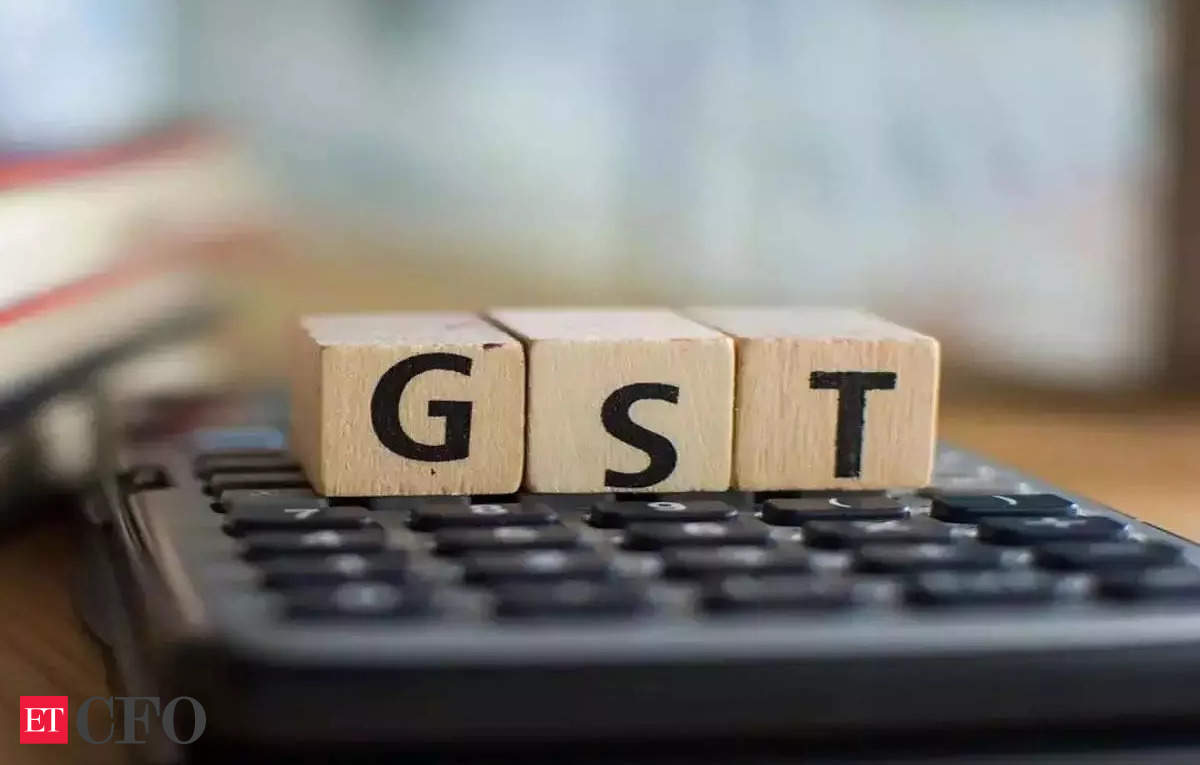The lack of ITC not only reduces the operating margin of the business but also enhances the capital budget for a new project significantly
The National Restaurant Association of India on Monday urged the government to restore input tax credit to restaurants while increasing the GST rate to 12 per cent from the current 5 per cent, ahead of the upcoming Union Budget.
In a letter to Finance Minister Nirmala Sitharaman, the National Restaurant Association of India (NRAI) also called for an equitable and fair e-commerce policy, saying balanced policies and regulations are required to enable a level playing field, where platforms can continue to innovate, while restaurants, delivery partners and consumers are protected from potentially exploitative practices.
The restaurant industry was one of the sectors that suffered the most during the pandemic but showed great resilience to survive and has since been on a steady path of recovery. If the sector gets a certain amount of policy and budgetary support in the upcoming Budget, it will propel the sector towards an accelerated pace of growth, NRAI said in a statement.
Seeking restoration of GST input tax credit (ITC), the industry body said, “It is the only industry to be pegged at 5 per cent GST without the availability of ITC; a feature designed to avoid cascading taxation”.
The lack of ITC not only reduces the operating margin of the business but also enhances the capital budget for a new project significantly.
This increased project cost slows down the expansion plans, which massively impacts the overall growth of the sector, it added.
“The industry, therefore, recommends restoration of ITC to the restaurants while parallelly increasing the rate of GST to 12 per cent from the current 5 per cent,” NRAI said.
It further said, “We understand that it may create a compliance burden on the smaller businesses, and therefore, we feel that this can be done on revenue slabs. While restaurants below a certain revenue threshold can continue with the current GST provisions, the organised sector with higher revenues and capex outlay may move towards the proposed GST regime”.
NRAI President Kabir Suri said the growth of the food services industry in India holds immense potential. The industry not only plays a pivotal role in contributing to government revenue but is one of the largest employers in the country.
“Balanced, fair and equitable policies by the government with respect to GST input tax credit, rationalised licensing norms and e-commerce policy will not only benefit businesses and consumers but also make a substantial contribution to overall economic growth and employment opportunities,” said Suri, who is also the co-founder & Director of Azure Hospitality Pvt Ltd.
On an equitable and fair e-commerce policy, NRAI said the online platforms, while bringing convenience, have also created concerns regarding fair competition and equitable growth.
It also sought a grant of “industry status” to the food services sector, considering “the immense contribution” to the country’s economy.
“This will bring in multiple benefits through central or state industrial policies, including easier finance, special schemes, subsidies, fast-track clearance processes etc. It will also encourage enterprise as well as entrepreneurship,” the letter to the Finance Minister said.
NRAI also sought rationalisation of licenses and NOCs, saying on average, a restaurant is required to get 15-25 licenses/NOCs to open and operate an outlet.
“This myriad of licences and permits inhibits food businesses in growing beyond their core geographies and adds to the operational complexity and compliance burden,” it said.
The industry body also asked the finance minister for targeted subsidy schemes and access to debt financing for SMEs to consider subsidies on essential ingredients, utilities, and waste management to reduce operational costs for struggling restaurants, particularly in smaller towns and cities.
It also asked the government to consider allowing longer working hours for the restaurant sector and reducing GST on bagasse and other eco-friendly materials that are used as packaging material for home delivery.
Visit www.cagurujiclasses.com for practical courses











